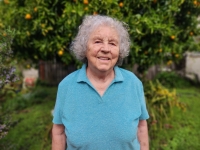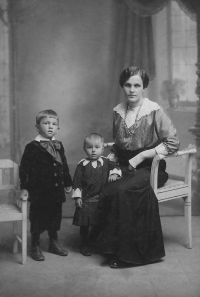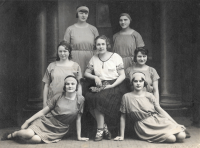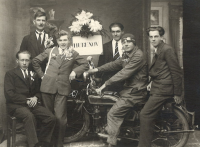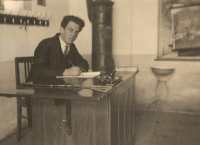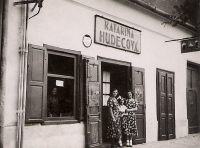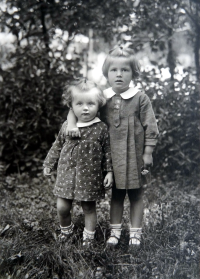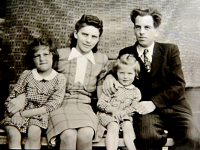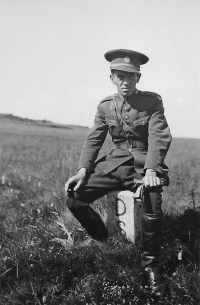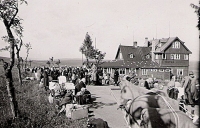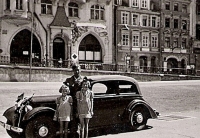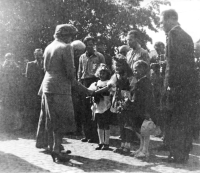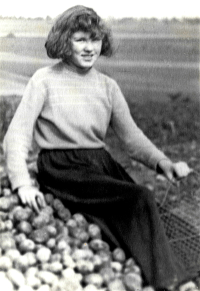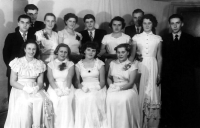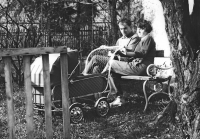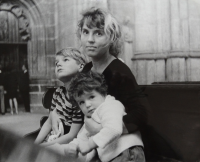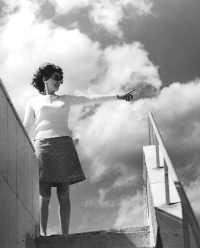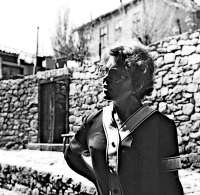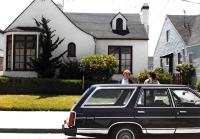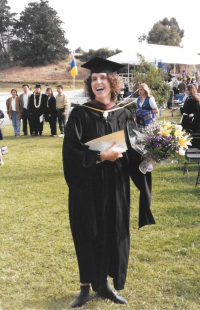When Jiří Dienstbier published a book under her name in the 1970s, it was immediately noticed by State Security
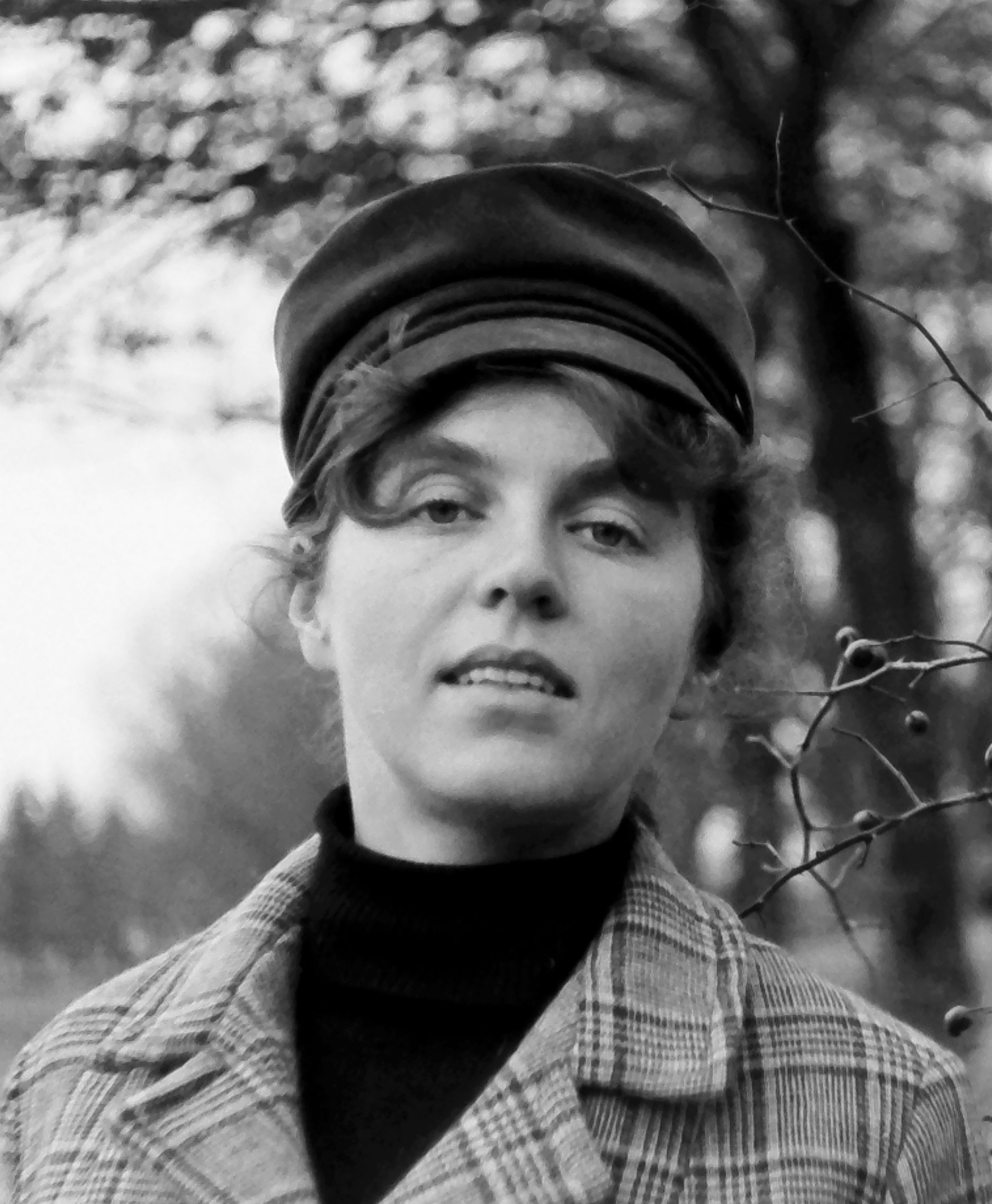
Download image
The family into which Želmíra Prchalová was born on 3 August 1937 was a typical result of the efforts of First Republic politics. Her Czech father, Josef Prchal, was called up for military service in Košice and later in Komárno. There he met Pavla Huděcová, a Slovak Sokol member, and brought her back with him to western Bohemia. Naturally, a Czechoslovak family could be formed. Thanks to relatives and historical events, Želmíra grew up in a multilingual environment. As a journalist, her knowledge of Slovak, German and Russian later came in handy. Her father, who worked as a teacher, moved around depending on where his job was, and so it happened that at the time of the Munich Agreement the family was living in the borderlands. Dad, as a soldier in the reserves, guarded the border, and Mum, after the German army seized the Sudetenland, fled inland alone with her two daughters. As an eight-year-old girl, Želmíra saw hundreds of families near Boží Dar, waiting with packed luggage to be deported to neighbouring Germany. After the war, she graduated from grammar school and began studying journalism at the Faculty of Philology at Charles University in Prague. Among her classmates were Jiří Dienstbier, Jiří Černý and Přemysl Podlaha. She first joined Czechoslovak Radio, and from 1967 she worked for the magazine Svět v obrazech(World in Pictures). In the 1970s, State Security became interested in her because of her contacts with Jiří Dienstbier, who was already part of the dissent. She lent her name to the book Šaty dělají člověka (Clothes Make the Person), written by Dienstbier. In the 1980s, she emigrated to the United States via Yugoslavia with her husband and two children. In San Francisco, she worked for organizations helping refugees. In 2024, she was living with her husband Miloš Živný in Oakland, in the same house they bought after several years in exile.
